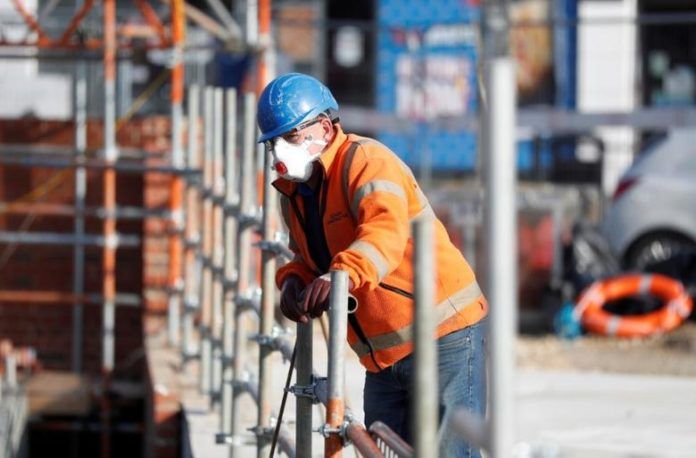The Construction Leadership Council (CLC) in collaboration with NEC has published joint guidance to the industry and clients on dealing with and accommodating the impact of COVID-19 on work under NEC4 contracts.
The guidance adds to the suite of outputs from the CLC’s Business Models: Contractual Best Practice group which has routinely called for strategic collaboration between clients and the supply chain to avoid systemic market failures and compromised project delivery.
The guidance focuses on the NEC4 Engineering and Construction Contract (ECC), although it can also be applied to the NEC4 Engineering and Construction Subcontract (ECS), NEC3 ECC and ECS, subject to some amends which are outlined within the guidance.
To help clients and the supply chain to collaborate, the joint guidance offers support in navigating a number of circumstances within the context of the pandemic, including act of prevention; project manager’s instructions; compensation events; evaluation of a COVID-19 related compensation event; working areas; resource utilisation; and dealing with risk on future contracts.
Steve Bratt, chair of the CLC’s Business Models workstream, said: “Following previous guidance, the CLC remained open to industry feedback and this guidance was developed in response to a series of questions which were raised regarding projects impacted by COVID-19 operating under NEC contracts.
“As the industry continues to manage the challenges of COVID-19, we are becoming increasingly concerned that many outstanding disputes remain unresolved and much uncertainty exists with regard to future contracts. We are therefore keen to do all we can to ensure clients work with their supply chains to fairly and collaboratively manage the commercial risks caused by COVID-19. Safety is paramount, but collaborative risk sharing will ensure secure project delivery and a long-term sustainable industry.
“Safe working procedures and wider disruption has presented all parties with unquantifiable and unmanageable risks and costs. Traditional behaviours such as inappropriate risk transfer will not only lead to a negative outcome on individual contracts but will almost certainly lead to systemic failure in a fragile market seeking to build back greener and better.”




